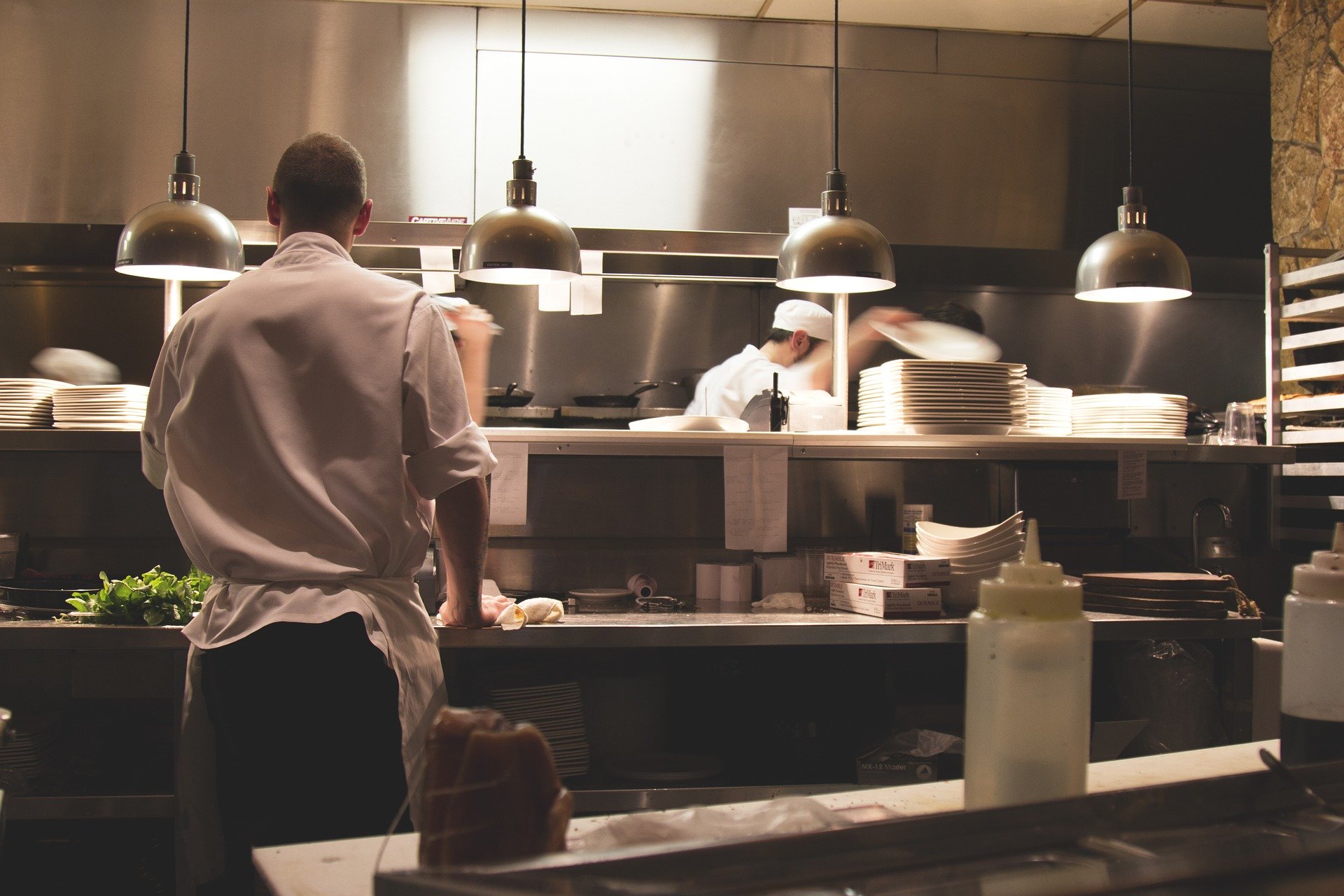COVID-19 Could Finally Push Michigan’s Service Workers to Unionize
Low wages, employment instability and now a pandemic. For years, the food and hospitality industry has been one of the least unionized in the nation. Post-COVID, this could change.

We’re facing an unprecedented time for many business sectors, but especially the food industry.
Many restaurants were forced to close for months during the worst of Michigan’s coronavirus pandemic, some were able to offer carryout, while others still haven’t been able to reopen with social distancing restrictions in place.
“One thing that COVID has taught us in the service industry, it’s that we cannot live on $2 or $3 an hour.” — Tracey Pease, One Fair Wage
This has left many service industry employees underemployed, at risk, or, for some who can’t endanger their or their loved one’s health, out of work completely.
Listen: Why Service Workers May Want to Unionize During Coronavirus
For years, the food and hospitality industry has been one of the least unionized in the nation, according to journalist Sam Bloch, who writes for The Counter.
He says he took an interest in why restaurants weren’t unionized and after speaking with labor organizers, he found out that one of the reasons was the massive growth of the industry in recent decades. “Back then Americans spent less than 30% of their food income outside the home,” he says. “Now it’s more than half. So, you have a restaurant industry that’s expanded so much that arguably unionization hasn’t been able to keep up.”
Tracey Pease, a Detroit ambassador for One Fair Wage, also has thirty years of experience working in the service industry. She says the sheer amount of corporations, small business owners, franchise owners, and more makes it difficult to unite workers and bargain with these many different business entities.
“You have servers going back to work, they can no longer get unemployment, they’re back waiting tables and not being protected” from COVID. —Tracey Pease, One Fair Wage
“Restaurant workers live day-to-day. [Many] live off tips,” Pease says. “These people need their jobs so when you talk to a server [about] calling out their manager, owner, or start a union, they’re scared they’ll lose their jobs.”
Before COVID hit, servers did not qualify for unemployment, Pease says, “and now [that unemployment benefits are ending], you have servers going back to work, they can no longer get unemployment, they’re back waiting tables and not being protected” from COVID.
She says even after Gov. Gretchen Whitmer’s order issued mandating mask-wearing, she’s still hearing from workers that restaurant patrons are not wearing masks.
“You’re putting the servers’ life in danger, and for what? $3.82 an hour?” Pease says. “This is why we need fair wages.”
Trusted, accurate, up-to-date
WDET is here to keep you informed on essential information, news and resources related to COVID-19.
This is a stressful, insecure time for many. So it’s more important than ever for you, our listeners and readers, who are able to donate to keep supporting WDET’s mission. Please make a gift today.
